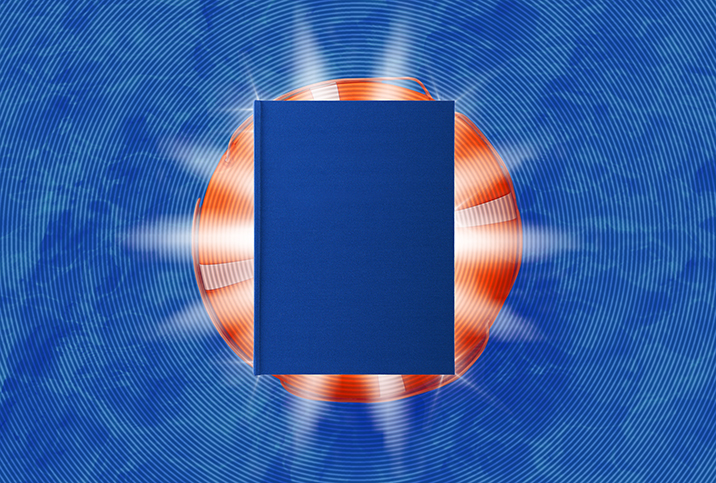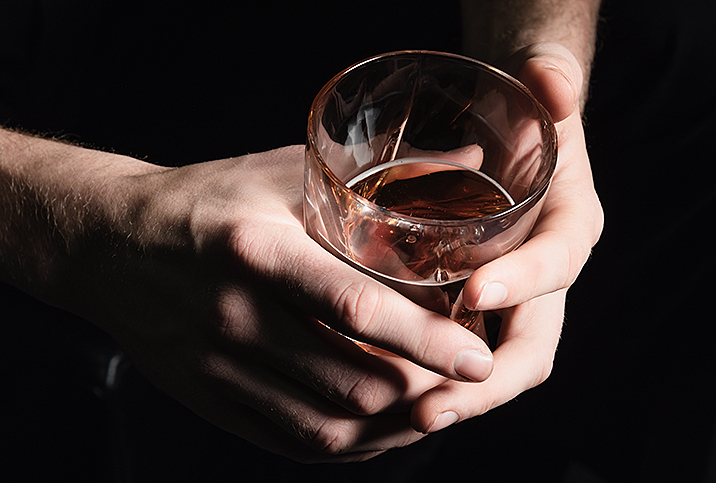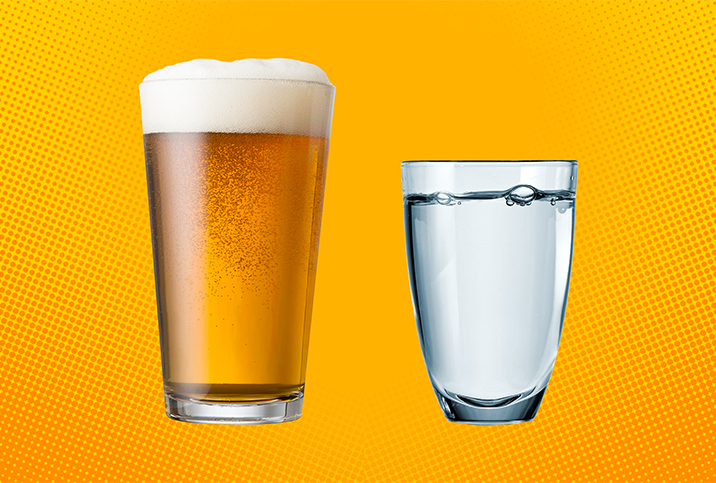Take Addiction Recovery Step By Step

The 12-step program is often touted as the de facto standard for addiction recovery. However, these programs often invite questions as to whether this structured approach can work for everyone.
The Association of American Medical Colleges (AAMC) reported in 2019 that 21 million people in the United States suffer from a substance use disorder. This figure could be higher now, based on a report concerning the social and economic pressures of the COVID-19 pandemic. The AAMC also reported that only 3,000 physicians are trained to specifically deal with addiction medicine, leaving a large gap to be filled by recovery counselors, nongovernmental organizations (NGOs), private clinics and 12-step programs.
Addiction to alcohol or other drugs can have profound effects on your sexual health. It can decrease your libido to nonexistence, and specific alcohol-related issues can cause erectile dysfunction (ED) in men. Alcohol may also lead to risky sexual behavior, such as not using protection.
Defining the steps
Alcoholics Anonymous (AA) is a popular addiction recovery program that famously invented and uses the 12-step program. The organization was started by Bill Wilson and Bob Smith in 1935 when the two alcoholics met in Akron, Ohio, in what became the first official meeting of AA.
The men had been involved with the Oxford Group, a fellowship spearheaded by Episcopal clergyman Samuel Shoemaker that encouraged spiritual values in everyday life. Although the Oxford Group was not focused on addiction, religion—specifically, Christianity—became an enduring theme in the Alcoholics Anonymous recovery program.
The 12-step approach itself came from ideas Wilson developed. The original steps were very much tied to religion, and the concepts of God and prayer were frequently sourced as a strong element in the recovery process. While the religious component can be positive for the health of people who practice the faith, the connection between religion and negative feelings, such as guilt or shame, can make the steps more difficult for people who aren't religious.
The word "God" was eventually replaced by the words "higher power," making the program more accessible to everyone as higher power can be interpreted as another religion, the universe, medical professionals or even your family support group.
Here are the 12 steps in their newer format:
- We admit that we are powerless over alcohol and that our lives have become unmanageable.
- We believe that a power greater than ourselves can help us.
- We decide to turn our wills and lives over to the care of a higher power, whatever that may be.
- We make a searching moral inventory of ourselves.
- We admit to a higher power, ourselves and another person the exact nature of our wrongs.
- We are ready to have a higher power remove these defects in character.
- We humbly ask the higher power to remove our shortcomings.
- We make a list of people we have harmed, with whom we are willing to make amends.
- Whenever possible, we make amends to these individuals.
- We continue to take a personal inventory and promptly admit when we are wrong.
- We ask for the knowledge of a higher power's will for us and the strength to carry it out.
- We try to carry this message to other people with alcohol use disorder and practice these principles in all our affairs.
Effective, free treatment
Rabbi Ilan Glazer, recovery coach and founder of Our Jewish Recovery, based in Baltimore, believes "there is too much Christian language found in [the original] 12-step literature and brought into meetings by many who attend."
He emphasized that recovery is for everyone, regardless of religion. Even though the step program was a "blessing" for him, he recognizes its failings.
"Meeting leaders and sponsors have very little training. There is way too much shame and pressure to conform in the groups," Glazer said. "I try to open as many doorways of healing and recovery as possible. I wish the rest of the recovery world—and the entire world—would, too."
Danielle Byatt, addiction counselor, treatment director and co-founder of Step by Step Recovery, based in London, said the 12-step model is too rigid as it involves the same stages followed in order for each participant.
"In my experience, the most successful treatment program is based on person-centered treatment, with no set program of assignments," she explained.
Dave Marlon is a psychotherapist, licensed drug and alcohol counselor, interventionist and founder of Vegas Stronger in Las Vegas who attended AA meetings for 17 years. He credits the program with helping him to stay sober and encouraging him to have "a less selfish way of looking at the world." Crucially, though, he pointed out that it's a free service available for anyone in need.
"Twelve-step meetings are routinely compared to cognitive behavioral counseling treatment programs for efficacy and score the same or better in controlled trials," he added, describing spiritual programs like AA and NA (Narcotics Anonymous) as "effective, not just as alternatives, but as ways to enhance and continue supporting clients with an alcohol use disorder during and post-treatment."
A study published in 2020 indicated step programs are at least as effective as any other nonmedical treatments. However, medication is still seen as the primary method of treatment for serious cases of alcohol use disorder.
More than 80 years sober
There is a widely held belief that a person has to hit "rock bottom" to qualify for a recovery program such as 12 steps. This is not the case, explained Emily Paulson, who got sober herself with the help of Alcoholics Anonymous. She's a certified recovery coach and addiction awareness facilitator based in Bend, Oregon, and the founder of Sober Mom Squad, a community of mothers who are sober, exploring an alcohol-free lifestyle and sharing their experiences.
"I believe AA is a wonderful program, mainly for the community and the fact that it is very difficult to get sober alone," she said.
However, she recognizes its limitations as "there's an overarching belief that if you are not a 'real' alcoholic that the program is not right for you," she said. Another of her concerns is that the term "alcoholic" is stigmatizing language, along with the shame-based belief that if you don't attend meetings, you will relapse.
Paulson added "The Big Book" explaining the 12 steps, published in 1939 by Alcoholics Anonymous, was written before the windfall of research about addiction that we have today.
Very little factual evidence is available about the pathways to becoming addicted to alcohol or another drug, but it is indisputable that people do resolve their addiction dependencies. Statistics indicate that about 22.3 million Americans, or 9.1 percent of the population, are in recovery from what is termed a "significant problem" with alcohol or other drugs, but more cases could go unreported.
Research indicates that of those people who do succeed in recovery, roughly half use some form of formal treatment and the other half do not. There's also evidence to show that of the people who have recovered, more than 80 percent achieved a life goal, including self-improvement and a better relationship with family members.
Perhaps the nuances of addiction treatment are as broad a spectrum as the population itself. We know tens of millions of Americans have successfully overcome a problem with alcohol or other drugs, but we're still seeing deaths from overdose more than tripling since 1990, costing our economy more than $600 billion each year. The step programs are extremely important and effective for many people, but there may be a need to broaden self-change options and develop more community support required to provide long-term recovery solutions.
For all the pros and cons, AA's 12-step program has been with us for more than 80 years, an easily accessible meeting is almost always happening nearby, and it's free to become part of the program.
What you can do next
If you or someone you love is having problems with alcohol or another drug, many organizations can provide necessary information plus real-time help by phone or text:
- The Substance Abuse and Mental Health Services Administration (SAMHSA) has a free 24/7 helpline at 800-662-HELP (4357).
- Alcoholics Anonymous
- Club Soda
- The Loosid app, available at Apple's App Store and Google Play
- Narcotics Anonymous
- SMART Recovery
- Women for Sobriety




















